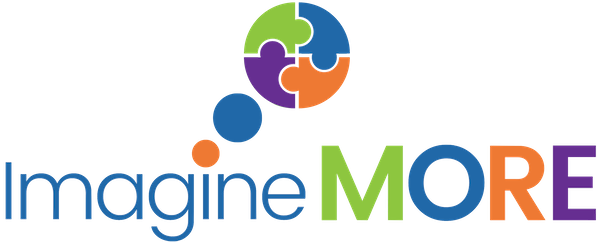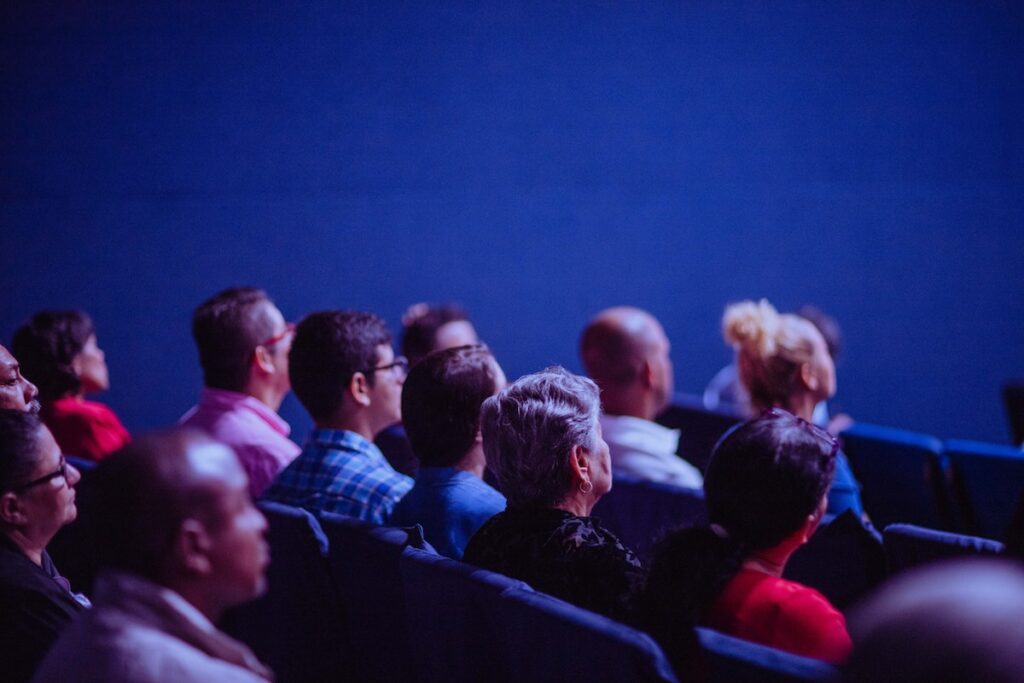A Symposium highlighting the vision and commitment required for successful implementation of a fully inclusive system.
From parents who successfully advocated for an inclusive education for their children with disability, to educators who reformed entire schools to embrace inclusion, The National Symposium on Inclusive Education held in Sydney on Monday 13th November was an excellent opportunity to see what can and has been achieved in the Inclusive Education space in Australia, as well as around the world.
The Symposium was hosted by Family Advocacy, an independent, impartial advocacy organisation that supports families across New South Wales to promote and defend the rights and interests of people with developmental disability. With a mission for people with a developmental disability to attain socially valued roles within the community, the work done by Family Advocacy is closely aligned with Imagine More.
The Symposium was attended by families, leaders, educators, politicians and decision-makers from all around Australia, including Canberra, and showcased examples of fully inclusive education systems; backed by legislation, policy and change management protocol.
Canadian Politician and former New Brunswick Minister of Education and Post-Secondary Education, Jody R. Carr, reiterated in his speech that there is an international human right for all children to have an inclusive education. Explaining the trials and successes of the journey towards entrenching inclusion as an official component of the New Brunswick education system, which has outlawed segregated systems, Mr Carr said, ‘if it isn’t working, it isn’t inclusion’.
International researcher, teacher and activist in inclusive and special education, Professor Simona D’Alessio, shared her views in a pre-recorded interview from Italy, which closed down its special schools in the 1970’s. Speaking of the attitudes of students in a country where all but 1% of students with a disability have been educated in regular classrooms for almost 40 years, Professor D’Alessio said that many students found it shocking that there still existed systems where students with disabilities were segregated from the rest of the class.
Inclusive Education is not just a gift for students with disability, it is a gift for all students
Jody Carr – Canadian MLA
“We need to stop stigmatising the child with disability,” said Alastair McEwin, Disability Discrimination Commissioner, drawing from his own experiences in accessing an inclusive education. He stressed on the importance of taking action beyond conducting enquiries into the many instances of discrimination that continue to take place, and shifting the mindset from having to advocate for inclusion to schools and institutions asking, ‘how can we best support you?’
Sharing examples of how inclusion is sometimes naturally practiced in Third World countries as special education options simply don’t exist, Former Deputy Director-General of Education Queensland, Professor Roger Slee, discussed the concept of the ‘irregular school’ and the aspiration to build practices that will be successful in recognising the wide range of diversity among all students.
It was incredibly motivating to hear from educators who were not only passionate about inclusion, but had walked the talk by making it a reality in their schools.
Known for turning around a High School in Sydney from one where conflict and low expectations were rife, to one that focused on a growth mindset that values all students, and became a pillar of social inclusion, NSW Shadow Minister for Education, Jihad Dib shared his experiences as an educator in creating a community of belonging.
As a Head of Special Education Services at a State High School in Queensland, Loren Swancutt has utilised her leadership skills to successfully transform whole-school systemic practices for such students, resulting in the development and implementation of an inclusive schooling model. Loren shared powerful stories of student experiences where they expressed greater joy and achieved better academic outcomes as a result of being in inclusive classrooms. When posed the question, “Are there any instances of disability where you think inclusion is not an option?”, Loren said that all she sees are children, with their individual personalities and needs, never defined by their disability or any other factor.
Further input from Dr. Carol Quirk, Executive Director for the Maryland Coalition for Inclusive Education, and Association of Independent Schools of NSW (AISNSW) Education Consultant, Leanne Woodley, showcased how inclusive education is a process at the centre of which is building the capacity of the school to provide academic and behavioural support to improve outcomes for all students through equity-based inclusion.
Parents and advocates, Gina Wilson-Burns and Yolanda Cailly shared their stories of pursuing an inclusive education for their children with disability, inspiring the audience with their commitment and examples of what is possible when inclusion takes place.
At this exciting time, as Australia is heading towards creating a more inclusive education system for our children, a number of families in the ACT are about to launch an Inclusive Education Campaign, backed by Imagine More to advocate for change at the systemic level and a culture in schools where all students feel valued and that they belong. Click here to subscribe to updates!



